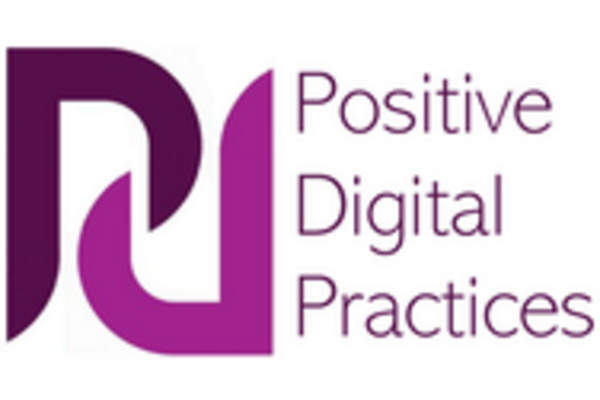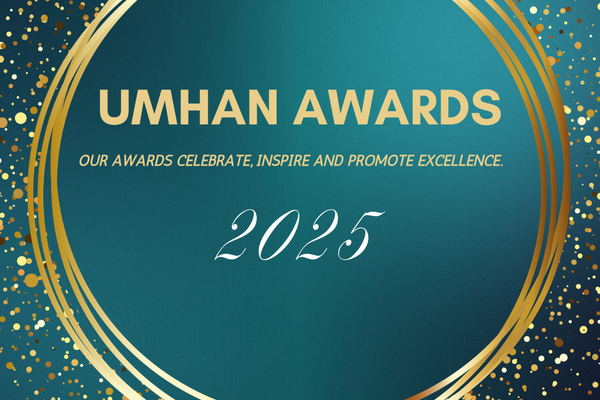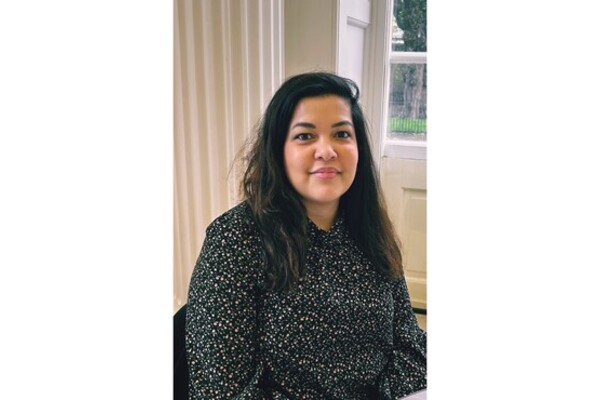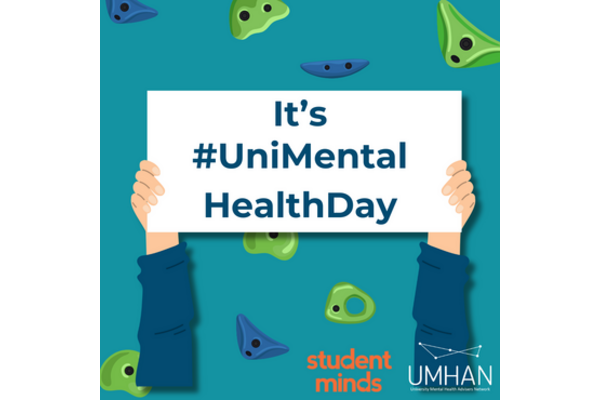UMHAN member Ashley Cave has been our representative for the PDP project. Using her experience as a Mental Health Adviser for the University of Sunderland, she shares her thoughts on how some of the resources developed by partner universities might be used in practice.
Positive Learners
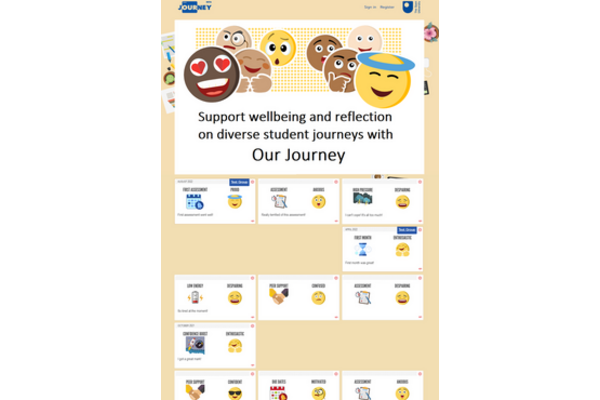
Our Journey
Designed for disabled students, Our Journey allows students to document a narrative of their experience. The tool can help students to reflect on challenges and achievements of the week and bring that back to share with a disability advisor or mentor.
How do students use it?
Students can register for free using this link Our Journey and are encouraged to complete brief cards that capture how they are feeling (either with text or selecting an emoji) at stages in their student journey. This can help students to reflect on times of resilience or reflect on what helped them in their experiences.
How can I support students with this resource?
There is also a printable version of ‘my journey’ which can be used as part of a face to face session, workshop or group. These can be accessed through the Our Journey home page.
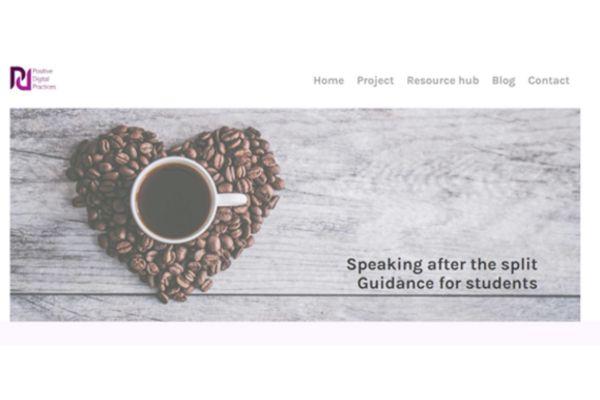
Speaking after the split
Guidance for both staff and students has been produced on accessing support if a student experiences a breakdown in a relationship while they are studying.
Advice for staff supporting students
This may be particularly helpful for personal academic tutors to read in the event a student may raise relationship breakdowns as an issue in a tutorial.
Advice for students
In my experience of working with students many show reluctance in seeking formal support if they have had a breakup, perhaps not classing it as an issue that may require support. We know that a relationship breakup can have repercussions on a student’s wellbeing and/or social life and often represents a shift in social community, all of which can impact academic outcomes. The advice below is a helpful resource for students.
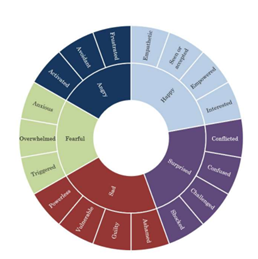
Working with emotionally challenging learning materials
As many other UMHAN members will relate, we often have students either drop into the Wellbeing department or contact us feeling distressed having been triggered by a particular lecture topic or other learning material. It’s not uncommon for us to see paramedic students after a traumatic incident on placement or to see psychology students come to us feeling distressed after a lecture has triggered difficult memories or experiences in the past. As we know many students are motivated to study certain topics based on their own lived experience.
The resources available are helpful for those on courses that deliver emotionally sensitive topics or for those who may be completing an in-depth study on emotionally charged topics, for example one of the contributors to the project was conducting PHD research with those involved in the Grenfell disaster.
How can students use it?
With an aim to increase emotional resilience in students who are likely to come across triggering or emotionally charged content the OU have produced a guide for students. This can be distributed by UMHAN members to students who may find content triggering in classes, seminars or on placements.
How can staff use it?
This is designed for teaching/academic staff to inform during the design and preparation stage of teaching as well as during delivery of teaching. UMHAN members may wish to distribute this to teaching staff including to online only courses.
Further materials:
Included in the emotional resilience package are 8 short videos including Mental Health Advisors and students sharing insights into experiences of supporting students’ wellbeing or researching/studying a topic they found emotionally challenging in some way. You can find suggestions on to use in the top tips link below:
Top tips videos

